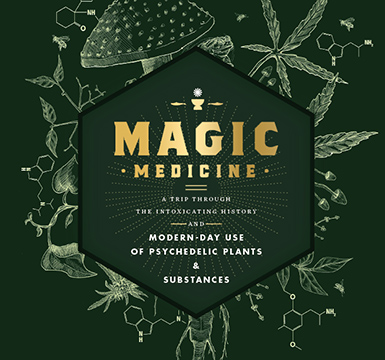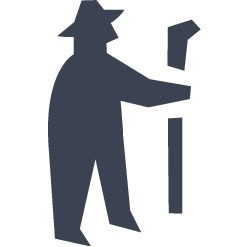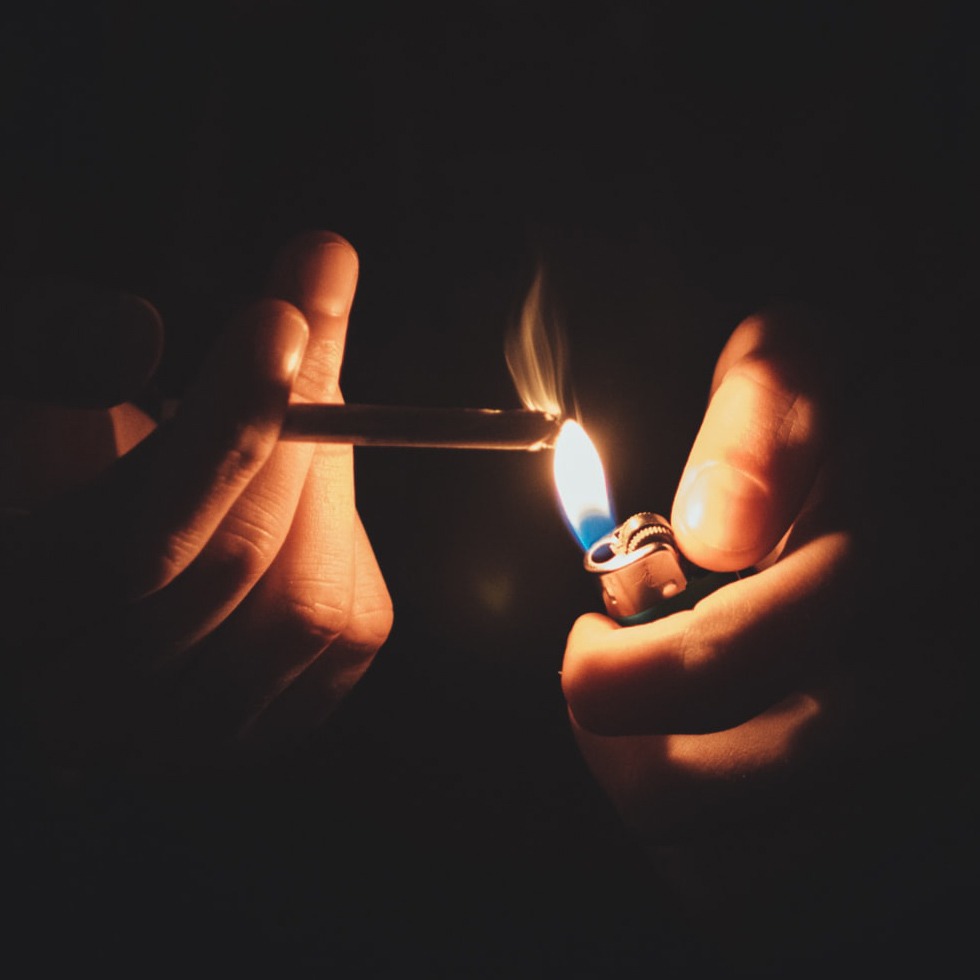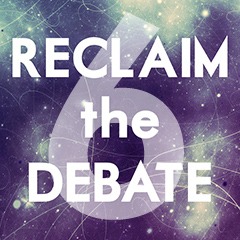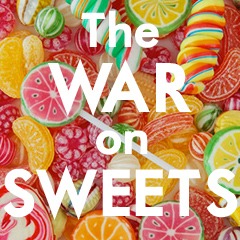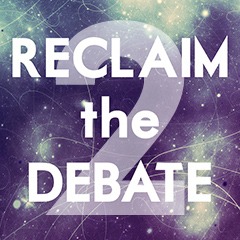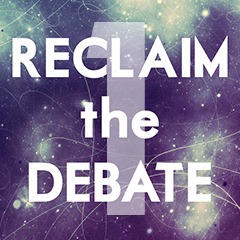This is the fifth in a six-part series about how the Prohibition debate is tainted by our unquestioned assumptions. You can check out Parts 1, 2, 3, and 4, but they are not necessary for understanding this post.
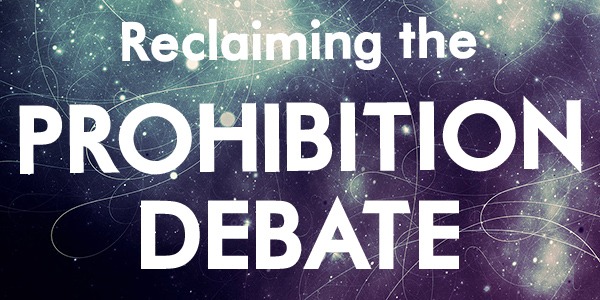
Politicians, the media, and everyday citizens tend to frame the prohibition debate as “Should we legalize marijuana?” This language reveals entrenched cultural views not only about drugs, but about the role of government and the freedoms “allowed” to the private citizen.
“Legalize” implies that the role of the government is to selectively allow some things. It isn’t – the role of law is to disallow certain behaviors, as exceptions, because they violate the rights of others. Every behavior is fair game until it is outlawed by a democratic process. So a government does not “legalize” anything — it just takes a behavior off of the prohibited list when that behavior is shown not to violate the rights of others.
[pullquotecenter]Anti-drug advocates can still respect cognitive liberty: “I disapprove of the substances you take, but defend to the death your right to take them.”[/pullquotecenter]
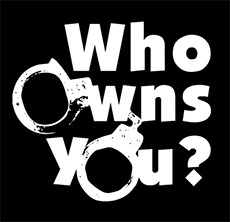 And government certainly doesn’t have the capacity to “legalize” a human right. Human rights, like the right to consume plants and chemicals without harming others, can be recognized and protected by the government , but they can’t get “legalized.”
And government certainly doesn’t have the capacity to “legalize” a human right. Human rights, like the right to consume plants and chemicals without harming others, can be recognized and protected by the government , but they can’t get “legalized.”
Though it is widely ignored, I believe cognitive liberty — in other words, sovereignty over your own consciousness — is a fundamental right of all human beings. It is entailed by any reasonable definition of self-ownership, which ought to be regarded as the basis of all our rights. That cognitive liberty is not fiercely protected by all governments is a disgrace, and treating the “legalization” of marijuana as some kind of momentous reform just adds insult to injury. We’re not enlightened; we’re barely peeking out from behind the self-imposed blindfold.
To those who argue that lighting a joint hardly constitutes a human right, I reply: it’s not about the dope. It’s about doing whatever you want with your own body and mind, free of interference. Anything less is oppression.
For most of us, the culture of “Just say no” and “tough on drugs” is so deeply ingrained that we immediately resist this notion. We’re quick to dismiss: “Ah, you’re just looking for an excuse to get high.” (They said the same thing about those who opposed Prohibition in the 1920s: “You just want to get drunk.”)
Supporting cognitive liberty does not mean supporting drugs.
Supporting cognitive liberty does not mean supporting drugs. This distinction is obvious when it comes to other rights; for example, we can wholeheartedly support freedom of speech without endorsing all speech. In her biography of Voltaire, Evelyn Beatrice Hall characterized his attitude: “I disapprove of what you say, but I will defend to the death your right to say it.” Anti-drug advocates can take a similar tack while still respecting cognitive liberty: “I disapprove of the substances you take, but defend to the death your right to take them.”
Isn’t that the best position for the anti-alcohol or anti-tobacco advocate in today’s society — to oppose addiction through persuasion and public health efforts, rather than coercion? Let’s extend the same courtesy to illicit drug users. We can disapprove of people’s behaviors without intentionally ruining their lives.
Liked this post? Subscribe to my RSS feed to get much more!

